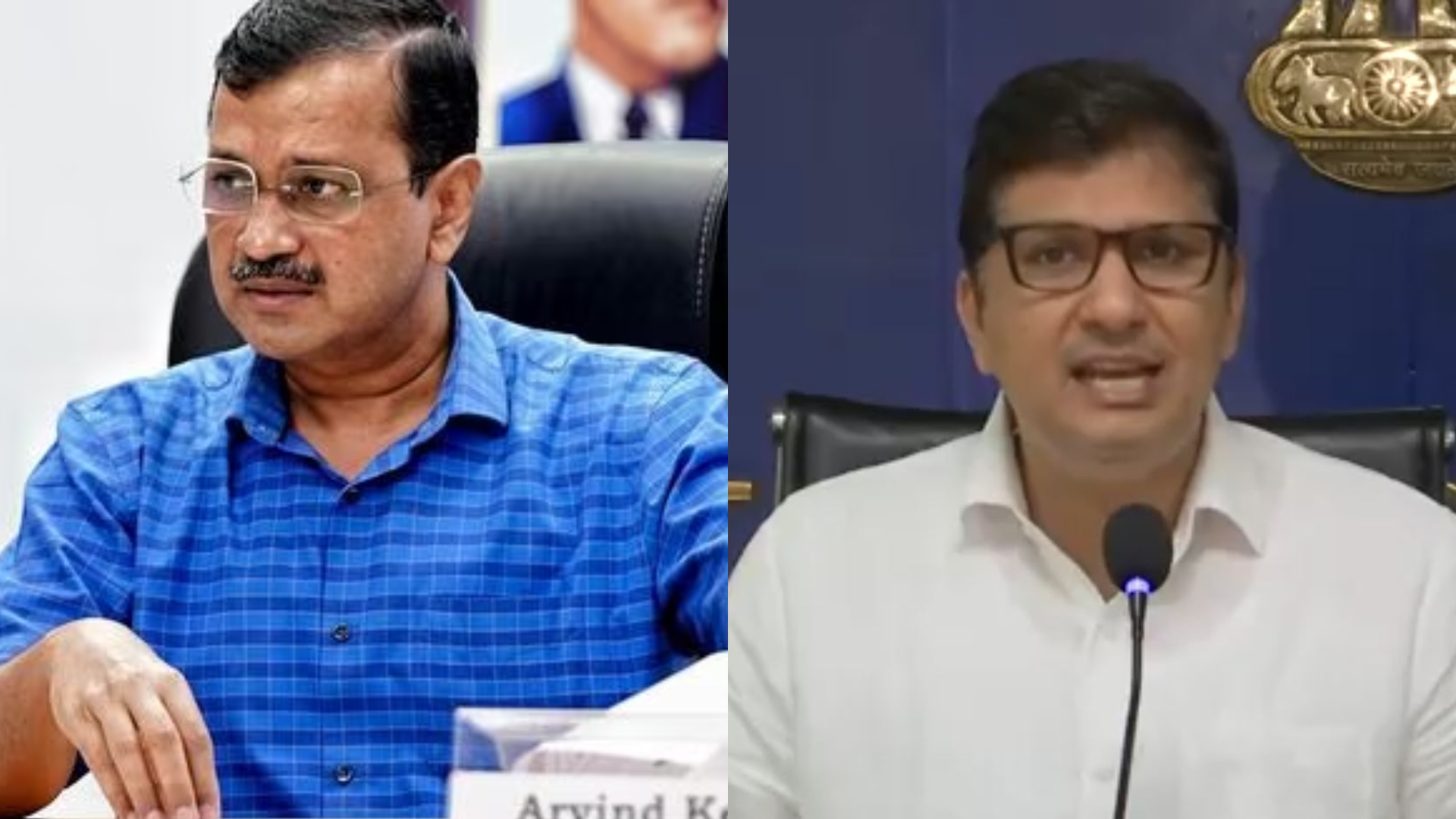

Delhi Chief Minister Arvind Kejriwal, currently under Enforcement Directorate (ED) custody in connection with a case related to Delhi’s excise policy, has issued his second directive from within the confines of the ED’s lock-up. This latest order, shared by Delhi minister Saurabh Bharadwaj, pertains to ensuring free access to medicines and pathological tests at government-operated Mohalla clinics.
Saurabh Bharadwaj conveyed that the Chief Minister’s foremost concern is to prevent any inconvenience to the residents of Delhi, even while he is detained. Kejriwal’s directive underscores his commitment to ensuring equitable access to healthcare services, particularly for the underprivileged segments of society.
Bharadwaj emphasized the significance of Kejriwal’s order, stating that it reflects the Chief Minister’s unwavering dedication to the welfare of Delhi’s populace. He stressed that Kejriwal’s focus remains on addressing the needs of the people, irrespective of his current situation.
Specifically, the directive aims to rectify issues concerning the availability and quality of free medical tests at Mohalla clinics, which serve as vital healthcare access points for numerous Delhi residents. Bharadwaj assured that the Health Department will promptly address these concerns in line with Kejriwal’s instructions.
This latest directive follows Kejriwal’s earlier order, issued shortly after his initial arrest, which focused on resolving water supply and sewerage issues in certain parts of Delhi. Atishi, another senior leader of the Aam Aadmi Party (AAP), had shared details of this directive, highlighting Kejriwal’s steadfast commitment to the welfare of Delhi’s citizens despite his legal predicament.
However, Kejriwal’s actions have drawn criticism from opposition figures, including BJP MP Manoj Tiwari, who accused the AAP of orchestrating a scripted narrative. Tiwari alleged that Kejriwal’s directives from custody were a ploy to garner sympathy, particularly in light of public indifference to his arrest.
The ongoing legal saga involving Kejriwal and other AAP leaders stems from allegations of corruption related to Delhi’s liquor policy. The ED has accused AAP of accepting bribes totaling over ₹100 crores from liquor contractors, purportedly for political gains. AAP has vehemently denied these allegations, attributing them to political motives.
Despite facing legal challenges, Kejriwal has maintained his position as Chief Minister and vowed to continue governing from within ED custody. His directives from confinement underscore his determination to prioritize the welfare of Delhi’s residents above personal circumstances.
The issuance of directives from custody has prompted speculation about the legality of such actions, with sources indicating that the ED may scrutinize the matter to ensure compliance with relevant legal protocols.
In essence, Kejriwal’s actions from within ED custody highlight his unwavering commitment to serving the interests of Delhi’s populace, even in the face of legal adversity. His directives reflect a resolute stance on governance and a determination to address pressing societal concerns, underscoring the resilience of his leadership amidst challenging circumstances.
As families come together to celebrate Eid on March 31, 2025, let’s explore some of…
The dispute erupted after Putin suggested that Ukraine should remove President Volodymyr Zelensky and form…
Thackeray also raised concerns over river pollution in the name of religion, showing a video…
According to a report, the baby's mother, Maureen Brand, had briefly left the child in…
Inter’s upcoming fixtures include a crucial Champions League quarter-final clash against Bayern Munich, as well…
Pakistan's Ministry of Interior has asked Afghan Citizen Card (ACC) holders, staying in Pakistan, to…